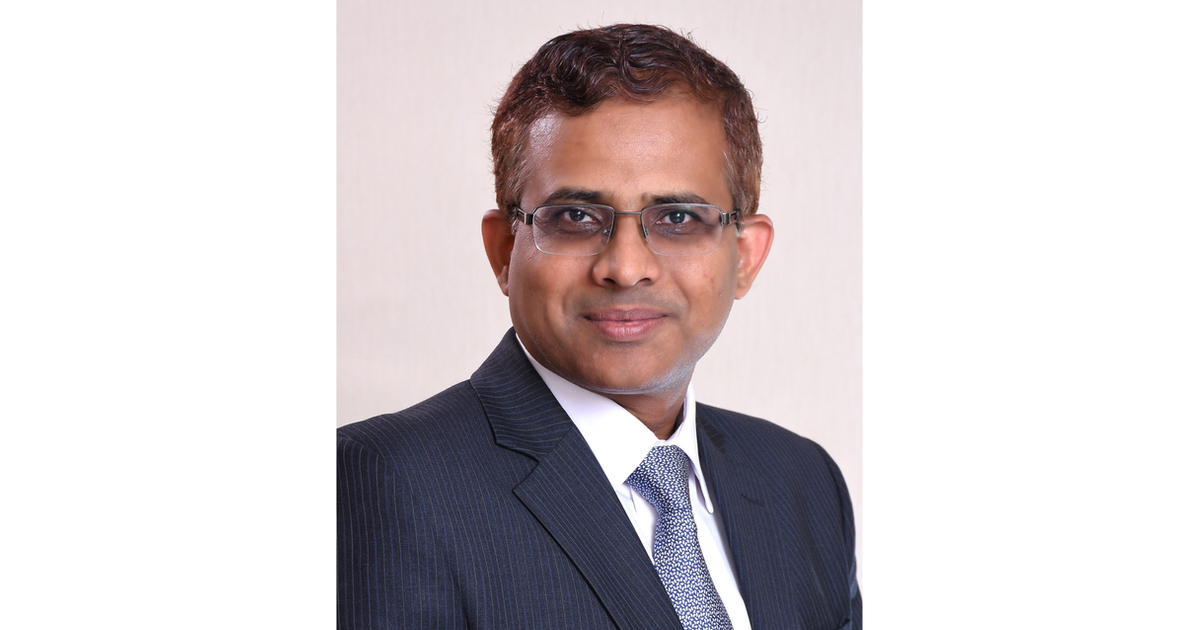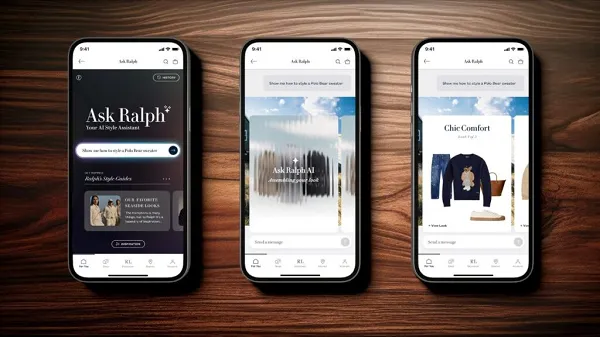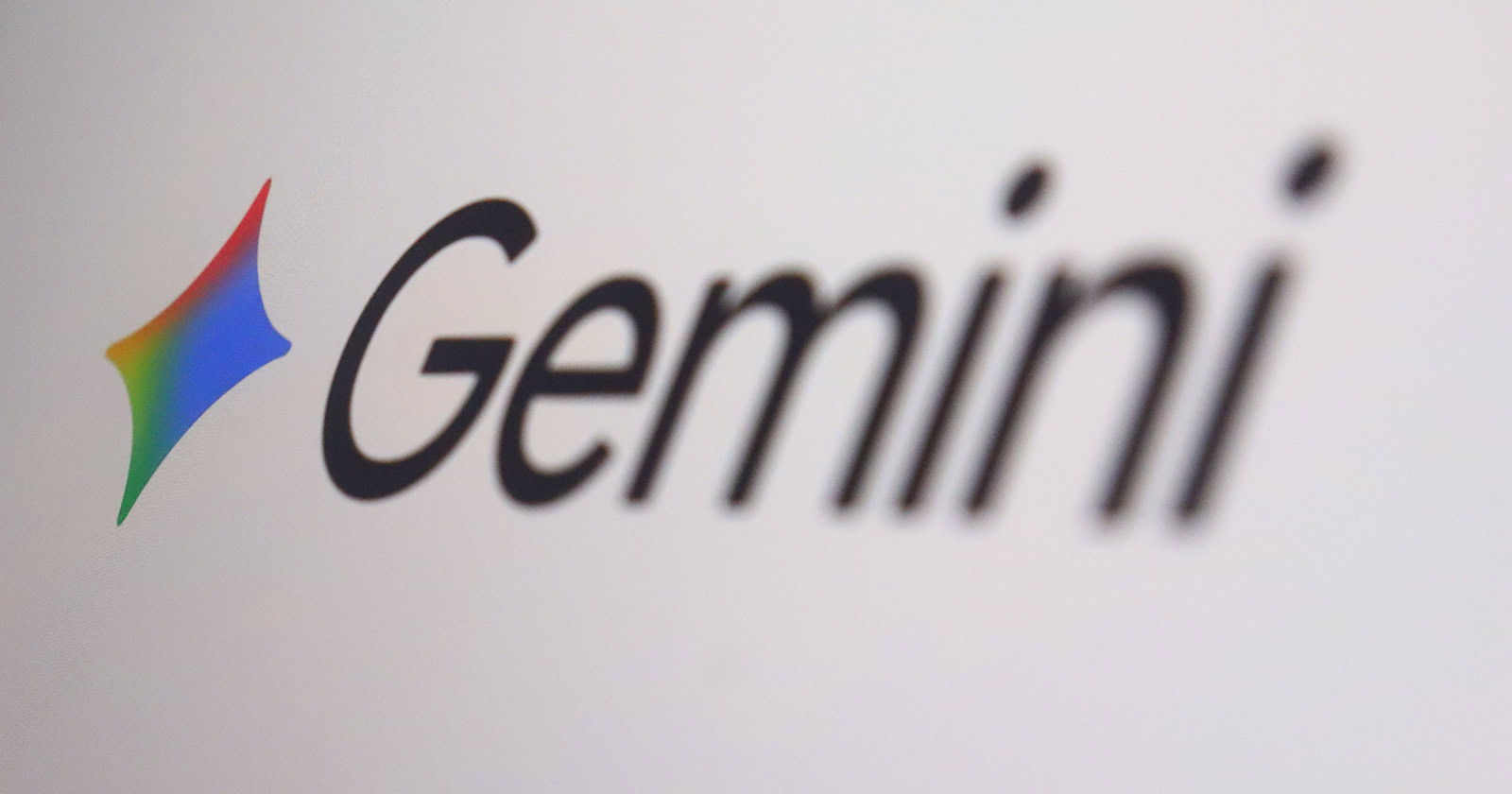No need to wait till pay day: How this S’pore fintech firm lets employees ‘GetPaid’ early
GetPaid hopes to lead the charge for financial wellness, and has already accumulated over 20 company clients within six months. The post No need to wait till pay day: How this S’pore fintech firm lets employees ‘GetPaid’ early appeared...

The idea of our salary is simple: you receive a sum of money at the end of the month to commensurate the work you’ve done. It’s a framework that has worked well for everyone for the longest time but this model is not as flawless as it seems.
In a bid to change the way we get paid, Mitchell Goh built an app called GetPaid to introduce the idea of earned wage access in Singapore.
Essentially, it allows employees to access their pay ahead of pay day should they need it.
While this scheme is still new in Singapore, the concept of earned wage access is steadily gaining traction in Southeast Asia (SEA), and is already quite prevalent in the United States (US) and United Kingdom (UK).
From social worker to finance startup founder
 Image Credit: Mitchell Goh
Image Credit: Mitchell GohThe impetus to create GetPaid stemmed from Mitchell’s past experience as a social worker for a decade and the existing gaps in the wage model.
[In] late 2020, I came across an article written about earned wage access (EWA). At this point, EWA was already gaining popularity in the US and UK.
However, there were very few people starting EWA in Singapore and SEA. Given my experience in both social work and finance, I saw the EWA model as a much needed financial solution that could be of great help to lower to middle-income earners.
– Mitchell Goh, founder and CEO of GetPaidWhile most of us are fine with getting paid at the end of the month, that’s not always the case for some people.
When these people urgently need cash for the month, they would usually turn to their family and friends for help. There are also some who would seek the services of a money lender, or get an advance from their employer.
“All of [these] are either very risky or not always available,” said Mitchell. “There are little to no solutions in the market that addresses financial well-being in the workplace for lower to middle-income earners.”
GetPaid fills this gap by letting employees access wages already earned, but not yet received. The catch is that they will be charged a one-time transaction fee.
“As it is not a loan, there are no late fees or added charges. [This gives] employees a great solution if they just need micro amounts to tide them through to the next pay day,” explained Mitchell.
Earned wage access as the future of pay
There are obvious benefits to earned wage access, one being that you can be paid instantaneously.
Traditionally, monthly and bi-weekly pay cycles are the norm as there is a cost attached to the payment of salaries, whether in the form of cheques or GIRO transactions. Not to mention, fixed salary dates make it easier for companies to manage their cash flow.
However, when flexibilities for payments, banking and purchases are fast becoming the norm, why should salary payment be any different?
– Mitchell Goh, founder and CEO of GetPaidHe went on to cite a paper written by Ernst & Young in 2020, which states that at any given point in time, there is approximately US$1 trillion of payroll accrued in employers’ treasuries across OECD countries before it is paid to employees.
This liquidity could be better used to enable employees to take control of their finances and improve their financial wellbeing by aligning more closely with their income and expenses.
With the advancement of technology and rise of cheaper payment methods, Mitchell feels that they are better equipped to offer employees with increased salary flexibilities, while maintaining the company’s cashflow needs.
Furthermore, he wishes to debunk the misconception that Singaporeans are a very affluent country and may not need a service like EWA.
 Image Credit: OCBC Financial Wellness Report 2021
Image Credit: OCBC Financial Wellness Report 2021According to OCBC’s wellness index, it showed that 62 per cent of polled Singaporeans indicated that they would be unable to defray a sudden expense; seven per cent indicated that they had borrowed money from either family members or friends, and 27 per cent admitted to only paying the minimum sum on their credit cards.
In addition, a separate Financial Wellbeing Index by DBS in 2020 revealed that Singaporeans only scored 46 out of 100 points compared to the regional average of 56 points.
A study called ‘What People Need in Singapore: A Household Budget Study’ surmises that a family of four in Singapore needs S$6,426 a month for a basic standard of living. Assuming that both parents work, that is an average of S$3,213 that each parent needs to earn to meet a basic standard of living.
However, approximately 28 per cent of our entire workforce earn less than this amount, including Work Permit and S-Pass holders.
As such, for low to middle-income earners, this immediate access to cash means more financial flexibility, especially in emergent situations, better financial well-being, and less reliance on borrowing money.
It’s a win for employers too
 Image Credit: GetPaid
Image Credit: GetPaidWith this EWA model, naturally, there will be a lot of questions and hesitation from employers to implement this system.
The great thing about GetPaid is that it is of no cost to the employer. Furthermore, GetPaid’s data has shown that the EWA model helps in retention rate and serves as a good tool for attracting new talent.
Of course, one of the other main concerns employers have is the over-reliance on EWA services, which further exacerbates employees’ financial situations.
“This objection further informs us that employers agree that there is a need (for this EWA). However, we also understand that there is going to be a subset of employees in this category,” acknowledged Mitchell.
As such, GetPaid has built its app to safeguard against this situation. GetPaid allows employers the flexibility to customise and limit how much of their pay their employees can access. This way, “employees will still have pay leftover at the end of that pay cycle”.
GetPaid has just concluded its first user survey, and the results are encouraging. 66 per cent found that GetPaid’s system gave them an added peace of mind, while 61 per cent of users reported that Get Paid had helped them in times of financial need.
At the same time, 72 per cent of users have also felt more loyal to their employers after introducing GetPaid.
How does it work?
 Image Credit: GetPaid
Image Credit: GetPaidGetPaid has a simple process in onboarding employers. Employers have to firstly sign up with GetPaid, and employees need to first register through email. They can log in to their account to view their available funds, and withdraw if necessary.
There will be a flat fee of three per cent for each transaction, regardless of the income and the amount withdrawn. The money will take one business day to be credited to the employee’s registered bank account.
There is no registration or membership fees for GetPaid, which makes this a sustainable method for employees and employers alike.
Currently, GetPaid has already accumulated over 20 company clients within six months and is growing quickly.
Although GetPaid is open to all industries, the bulk of GetPaid’s clients so far mostly come from the F&B, retail, manufacturing, and logistic industries.
“We relish the day that GetPaid would be able to impact other industries such as construction, marine, hospitality, and healthcare,” said Mitchell.
He is confident that EWA is the future of pay and hopes GetPaid can “lead the charge for financial well-being in the workplace — not just for Singapore, but for Asia as a whole.”
Money has always been a dicey topic to discuss in Singapore. While a large part of the country is affluent, many still live pay check to pay check. GetPaid is a way to even the playing field and ensure financial well-being is afforded to all.
Featured Image Credit: GetPaid

 UsenB
UsenB 































